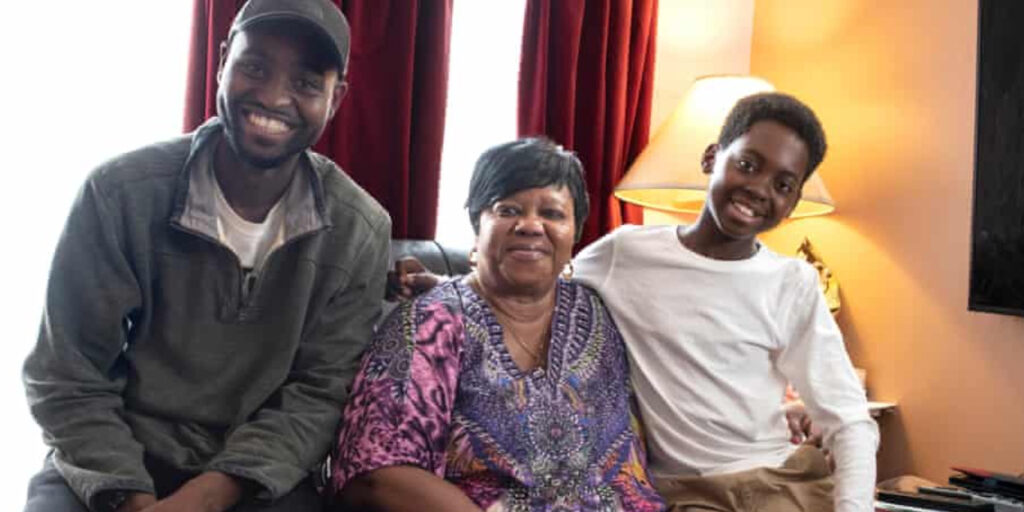A shocking report has revealed that thousands of children in England have been falsely accused of witchcraft over the past decade, with 14,000 social work assessments linked to such accusations since 2015. In the year leading up to March 2024 alone, there were 2,180 cases of children subjected to faith-based abuse linked to witchcraft beliefs.
These alarming statistics, compiled by the National FGM Centre, come as the film Kindoki Witch Boy is released, shedding light on the harrowing reality of faith-based child abuse.
Film ‘Kindoki Witch Boy’ Highlights Personal Trauma of Victims
The film tells the real-life story of Mardoche Yembi, 33, who was accused of witchcraft as a child while growing up in north London. Yembi was subjected to an exorcism and faced psychological trauma, a fate shared by many children falsely labeled as witches.
Yembi hopes the film will encourage children suffering in silence to seek help.
“If a story like Kindoki Witch Boy had been out there when I was a child going through those experiences, I would have felt less alone,” he said.
“I want this film to transform something that was bad into something good, to help other children going through the same thing.”
The film’s release also marks 25 years since the tragic death of Victoria Climbié, an eight-year-old girl tortured and killed after being accused of witchcraft.
The Tragic Case of Victoria Climbié
Victoria Climbié’s story remains one of the most horrific cases of child abuse in UK history. Brought to the UK from Ivory Coast by her great-aunt Marie-Thérèse Kouao, she was subjected to prolonged torture and extreme neglect by Kouao and her partner Carl John Manning.
Claiming that Victoria was possessed by evil spirits, they forced her to undergo an exorcism led by a pastor. She was made to sleep in a bin bag in a freezing bathroom, and when she died on February 25, 2000, doctors discovered 128 separate injuries on her burned and malnourished body.
Despite multiple interactions with social services, health professionals, and police, her suffering was not stopped in time. Kouao and Manning were convicted of her murder in 2001, leading to a major overhaul of child protection services in the UK.
Witchcraft Accusations Continue to Harm Children
Both Yembi and Victoria were born weeks apart and grew up just miles from each other in North London, yet their experiences had different outcomes.
Yembi, originally from the Democratic Republic of the Congo, was sent to the UK at age eight after his mother died. He was scapegoated for financial and health misfortunes within his family and was at risk of being sent back to the DRC for an exorcism. Social services intervened, placing him with a foster mother who supported him for the next decade.
Now an advocate for young people leaving the care system, Yembi reflects on the parallels between his story and Victoria’s, saying:
“Part of this film is for her. She didn’t have a chance to make it. I want to keep her name alive.”
Faith-Based Abuse: A Growing Concern in the UK
The issue of faith-based child abuse is a global concern, but the figures in England alone highlight the urgent need for action and awareness.
Terms such as Kindoki, djin, juju, and voodoo are often used to justify the mistreatment of children accused of witchcraft. Many face psychological abuse, while others, like Victoria Climbié, suffer physical torture and even death.
How to Get Help
Children facing witchcraft accusations and faith-based abuse can seek confidential support through Childline at 0800 1111 or NSPCC at 0808 800 500.
As Kindoki Witch Boy brings this issue to the forefront, advocates hope the film will spark conversations, raise awareness, and lead to better protections for vulnerable children.


